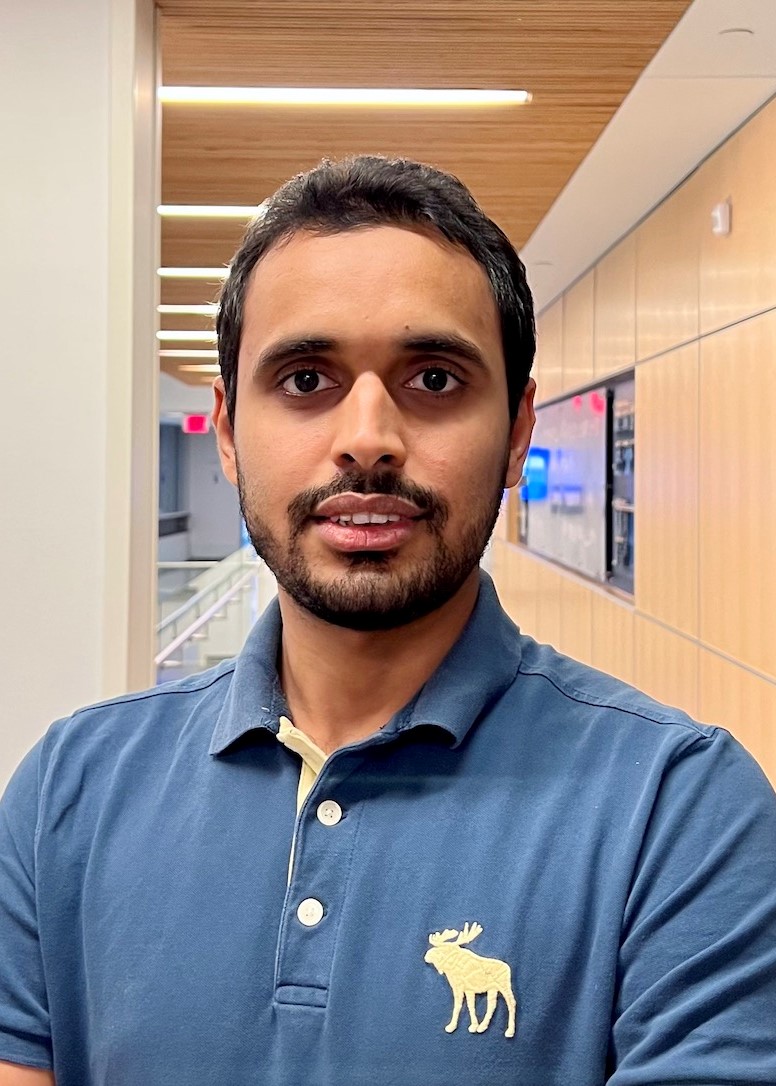Dissertation Defense
Key Generation and Secure Coding in Communications and Private Learning
This event is free and open to the publicAdd to Google Calendar

Passcode: 316037
The increasingly distributed nature of many current and future technologies has introduced many challenges for devices designed for such settings. Devices operating in such environments, such as Internet-of-Things (IoT), medical devices, connected vehicles, etc., typically have limited computational power and rely on batteries to operate. Therefore, efficiency is a paramount requirement for any algorithm or protocol designed to be implemented on these devices. Furthermore, these devices typically generate and collect huge amounts of sensitive and personal data, such as health-related data, behavior-related data, etc. As a result, there is a need for security and privacy protections to guard against various attacks. Additionally, since these devices are typically resource-constrained, any algorithm or protocol needs to be efficient to enable its implementation on such devices. Therefore, efficient security and privacy solutions are essential to cope with, as well as enable, the high deployment rate of such devices in a number of sensitive applications.
In this work, efficient solutions for protecting the security and privacy of data generated by such devices are explored. The first part of the dissertation is concerned with presenting a formulation of threshold-secure coding with a shared key along with its corresponding coding schemes based on linear block codes. Moreover, low-complexity threshold-secure coding schemes based on Reed-Muller codes are described. Additionally, we present low-complexity protocols for generating secret keys designed for devices operating in static environments. In the second part, we propose a new setup for federated learning with opt-out differential privacy, where clients are given the option to be private or non-private. Furthermore, we present an algorithm for such setup and show its superior performance compared to the baseline.
Chair: Professor Hessam Mahdavifar
 MENU
MENU 
